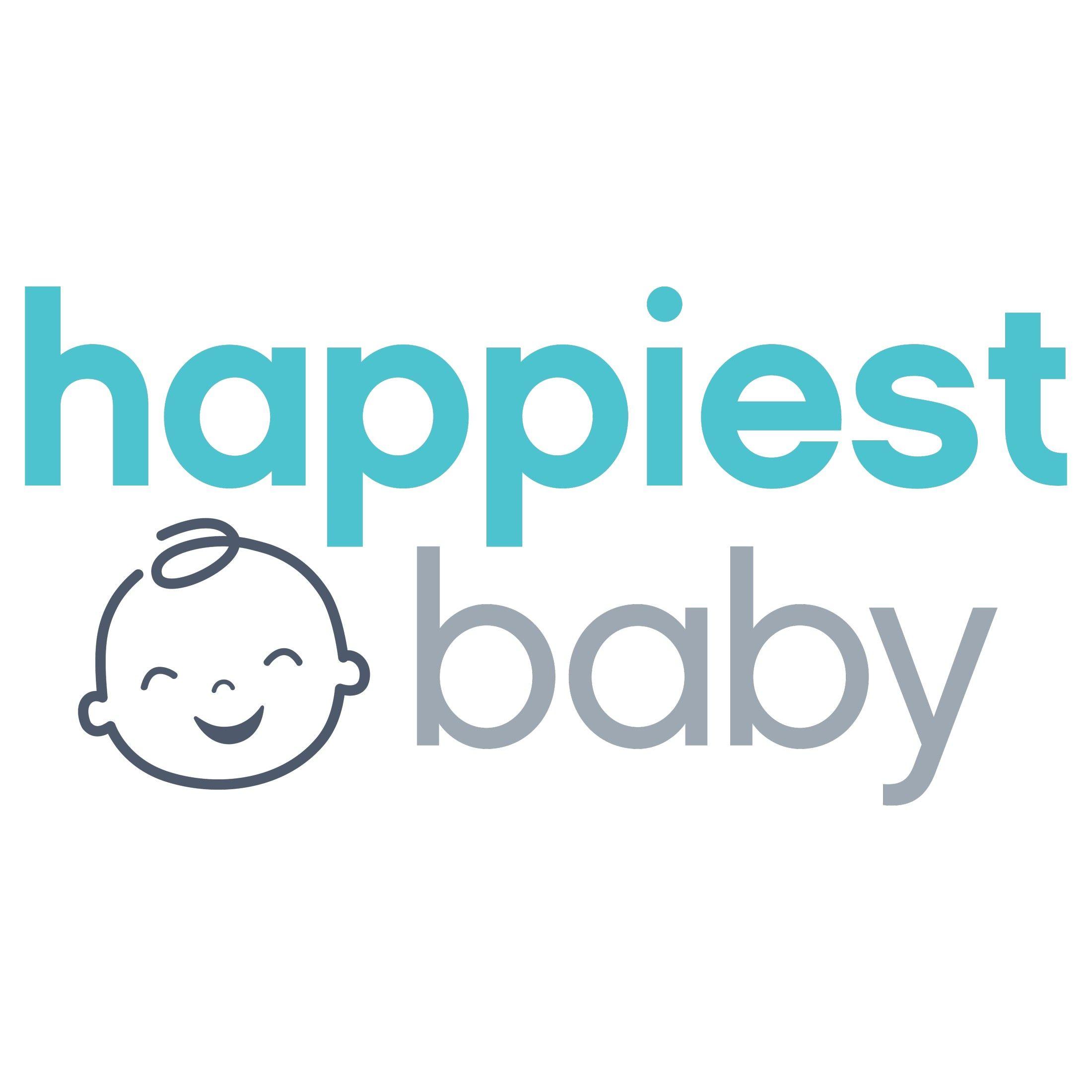PREGNANCY
Pregnancy Fatigue: An Exhaustive Guide to Your Exhaustion
You’re barely into your first trimester and already exhausted! Yikes! Here’s how to feel better.

Written by
Happiest Baby Staff

SHARE THIS ARTICLE
PARENT PICKS
Bestsellers
PREGNANCY

Written by
Happiest Baby Staff

SHARE THIS ARTICLE
Bestsellers
Disclaimer: The information on our site is NOT medical advice for any specific person or condition. It is only meant as general information. If you have any medical questions and concerns about your child or yourself, please contact your health provider. Breastmilk is the best source of nutrition for babies. It is important that, in preparation for and during breastfeeding, mothers eat a healthy, balanced diet. Combined breast- and bottle-feeding in the first weeks of life may reduce the supply of a mother's breastmilk and reversing the decision not to breastfeed is difficult. If you do decide to use infant formula, you should follow instructions carefully.
While most parents-to-be expect to be tired once the baby arrives, many are thrown for a loop when the exhaustion of pregnancy kicks in. And it kicks in quick! Before your bump appears, before any gender reveals, before you start a baby registry, your little one will make their presence known by bringing the yawns to you earlier and earlier each day. If you’re nodding off on the couch, dragging yourself through the workday, or sneaking catnaps, you might be wondering: When does pregnancy fatigue end? And, What can I do about pregnancy exhaustion? For answers to all your pregnancy fatigue questions, keep reading!
Pregnancy fatigue hits different than run-of-the-mill feeling tired. Pregnancy fatigue is often a persistent and constant feeling of sleepiness that isn’t always made better by sleeping more. At the same time, pregnancy fatigue has been known to hinder your day-to-day activities.
Yes! During early and late pregnancy, it’s incredibly common to feel very tired. In fact, roughly 94% of parents-to-be suffer from fatigue during pregnancy, notes a 2021 report in the journal .
There are a several factors that can cause pregnancy fatigue, including:
At times, pregnancy fatigue may be a sign that something bigger is going on with your pregnancy. For example, conditions such as anemia, gestational diabetes, thyroid issues, and prenatal depression can greatly impact your energy levels during pregnancy.
Pregnancy fatigue can be a symptom of:
It’s important to note that, regardless of what’s behind your pregnancy exhaustion, severe fatigue during pregnancy can be dangerous. Research shows that extreme exhaustion can increase your risk of preterm labor and cesarean birth. It can also factor into prolonged labor and postnatal depression. If your pregnancy fatigue is persistent and feels severe, do not delay flagging it for your care provider.
While tiredness in pregnancy is often dubbed “first trimester fatigue,” that’s misleading. The truth is, fatigue often hits hard during the first 12 weeks of pregnancy, recedes during the second trimester, then returns during the third trimester. In fact, a 2021 report found that pregnant individuals experience the most exhaustion during the third trimester. Part of the reason? In the third trimester, you are not only dealing with the physical demands of carrying a larger baby, that big baby can make it more difficult to sleep. (Learn how to sleep better during pregnancy.)
While you can’t do anything about fatigue-inducing pregnancy hormones or blood volume, that doesn’t mean you’re powerless against pregnancy exhaustion. For help putting a little more pep in your step, try these exhaustion-fighting tips:
***
REFERENCES